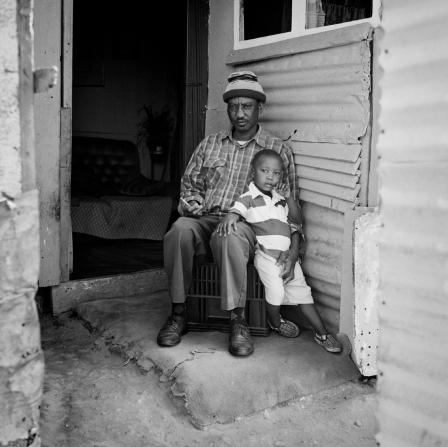What if guns, drones, and defence budgets were not required in the fight against terrorism? What if militant groups and violent extremists were not the primary targets? What if the battle focused on children and, more specifically, the poverty that robs them of opportunities, a sense of belonging, and hope?
Kennedy Odede, co-founder of Shining Hope for Communities, grew up in Kibera, one of Africa’s largest urban slums. In his recent article in The Guardian, Odede says he’s witnessed what lack of hope can lead to:
I grew up with men and women in Kibera with enough energy, intelligence and entrepreneurial zeal to be a Bill Gates or Steve Jobs. Many of them were overwhelmed by the constant struggle for basic opportunity, like my dear friend Calvin who couldn’t see any way out and I found hanging one day in his small 3m x 3m (10ft x 10ft) room. His dreams never had a chance to become reality. There are millions like him.
Odede says poverty erodes “a basic human need: the need to belong.” This makes people vulnerable to recruitment by terrorist groups and gangs.
Without the opportunity to contribute to the growth and improvement of society, due to lack of economic opportunities, people “cannot belong to their communities – they can only exist in them,” says Odede. About the many men he knew who joined gangs, Odede explains, “The gangs offered them what their communities could not: a sense of belonging and a way to feed their families.”
What if we realised that the terrorism we fear is just “a day in the life” of many people who live in poverty? Would our “war” on terrorism take a new focus? Would our weapons be different? Would our targets change? Odede explains:
But what terrorism is to people of the upper and middle classes is what happens every day in poor communities: random, senseless violence with no regard for the value of life and little, if any, chance of justice. With the upper and middle classes, however, this violence only becomes terrorism when it ventures outside the poor community into their own, as it did in Nairobi in 2013 when al-Shabaab attacked the Westgate shopping mall at a cost of 67 lives.
People who live in poverty without hope, without a sense of belonging, and without any “natural inclination toward violence” may become involved in terrorism because they believe they have “nothing to lose,” Odede says.
Until poverty and alienation are acknowledged as the major catalysts for terrorism, the world’s slums will continue providing a steady supply of young people willing to kill at the cost of their own lives.

If we want to fight terrorism, Odede believes we cannot do it with police and military—that will not address the alienation that can lead to extremism. Instead, we must fight the poverty that can steal childhood dreams, stifle initiative, obliterate hope, and alienate individuals from their society and world. We must help those who live in dire poverty find a reason to believe there is opportunity for advancement. Through our actions we must show them they are recognised, and their lives and dreams do matter.
* * * * *
Read Kennedy Odede’s complete article, “If you really want to fight terrorism, start by fighting child poverty,” here. Check out Odede’s upcoming book, Find Me Unafraid: Love, Loss, & Hope in an African Slum, here.
Header image: Kibera slum. ©Master2 / iStock